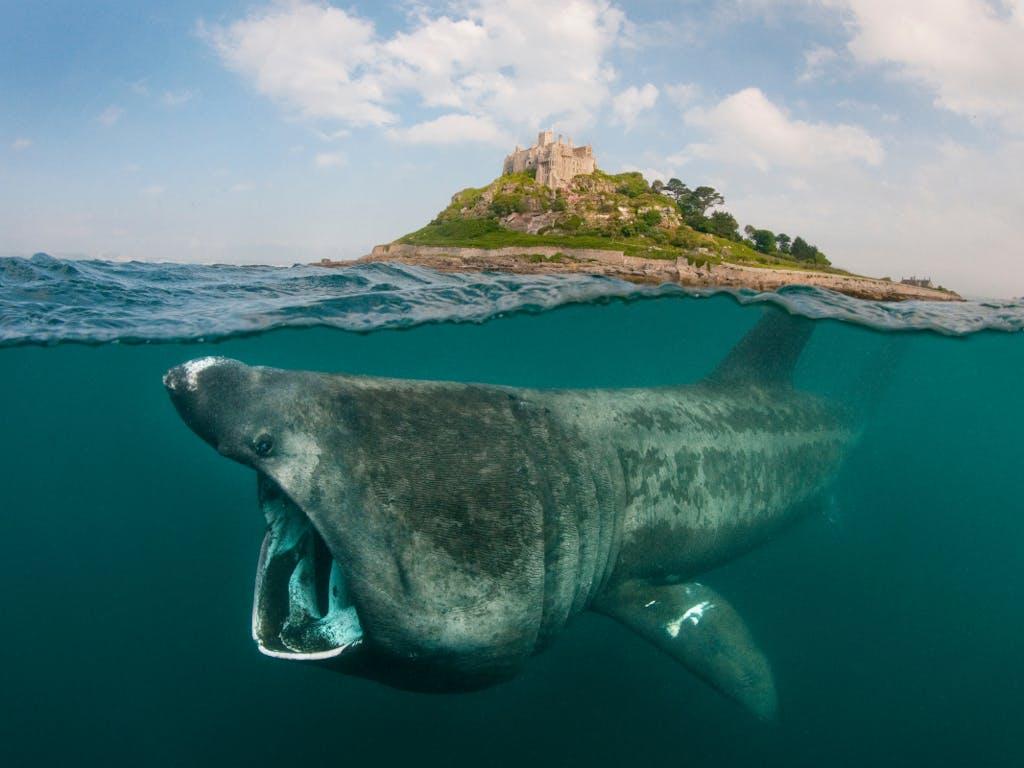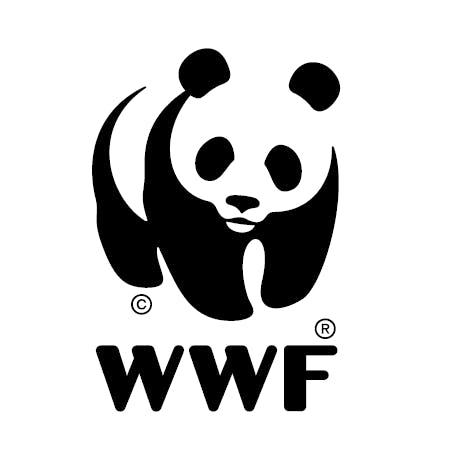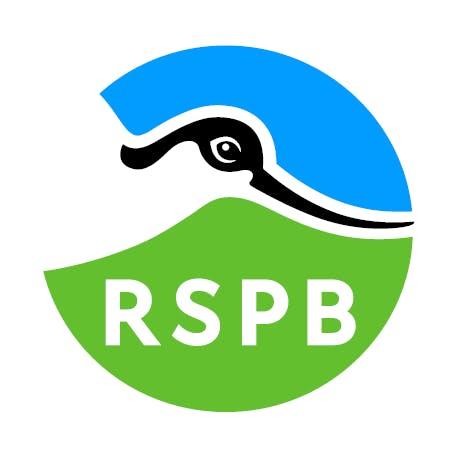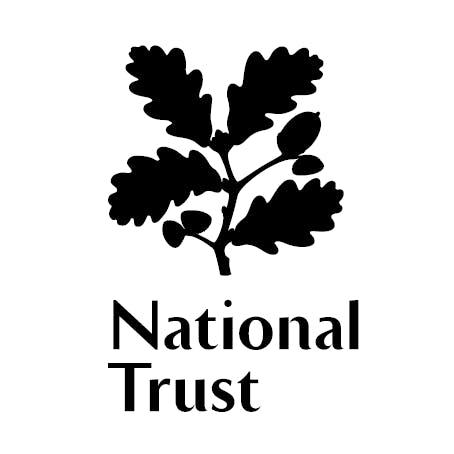Ocean
Our seas are a haven for wildlife and they need urgent protection
We’re surrounded by over 30,000 km of coastline and some of the most abundant waters on the planet. But how we use our seas is pushing this vital ecosystem to breaking point and although a third of these waters are officially protected, less than 1% are safe.


Saltwater sanctuary
It’s hard to imagine much life beneath the surface of our dark seas, but thanks to the Gulf Stream mixing warm water from Florida with cold currents from the north, they support a truly spectacular diversity of life.
The seafloor provides a home to a variety of wonders including brittle stars, sponges, corals, hermit crabs and more, while seagrass meadows and kelp forests are both a nursery and a haven for life. Basking sharks and grey seals swim overhead and above the waves, our wild isles attract around 8 million seabirds including Manx shearwaters, northern gannets and Atlantic puffins.
We have a huge responsibility to protect these species and the incredible habitats they rely on. But worryingly, although one third of our seas are officially protected, less than 1% are safe from damaging practices such as unsustainable fishing.


Turbulent waters
The changing climate poses another big threat. Warmer seas affect the types of plankton living in UK waters, which has a negative impact all the way up the food chain. The resulting food scarcity together with other factors mean our kittiwake population has halved since the 1980s and puffins could decline by 90% in the next 25 years unless we take urgent action.
We depend on our seas for so much, but we’re pushing this vital ecosystem to breaking point. Our waters have been polluted and overfished for decades, and dredging is destroying large areas of the seafloor. And while our marine environments offer us vital energy supplies, new offshore developments are being planned with little consideration for nature.
As the demand on our seas continues to grow, every one of us can play a part in ensuring we use them sustainably and in harmony with nature. If we can do this, then not only will they teem with wildlife, but also provide us with sustainably caught food and renewable energy, help us tackle climate change, and be a source of health and wellbeing for future generations.
Ocean in numbers
40%
grey seal population in the UK
35x
speed of seagrass carbon capture vs rainforest
85%
of UK saltmarsh already lost
See who lives here
The waters surrounding our wild isles teem with life and are some of the richest on the planet.











